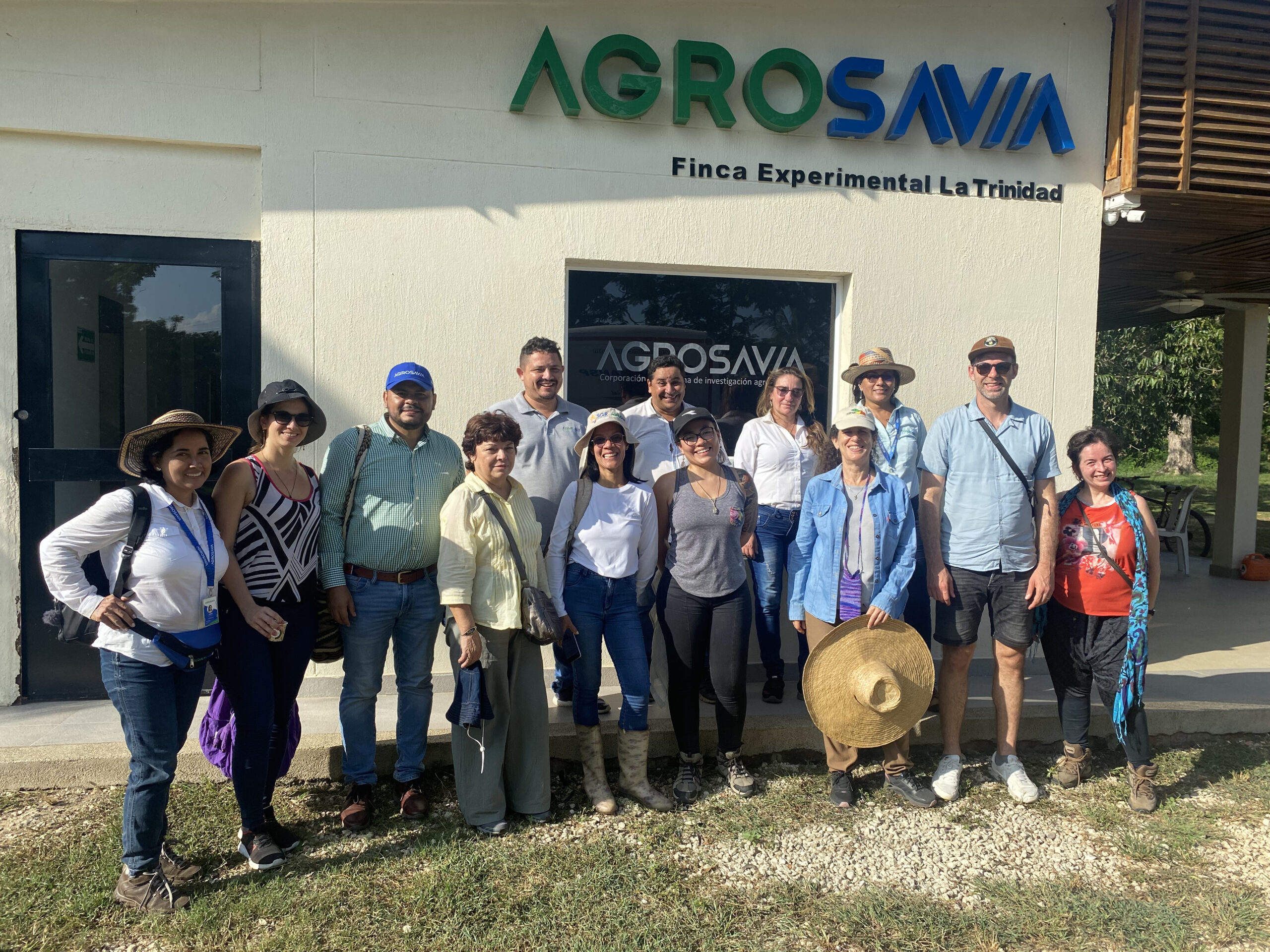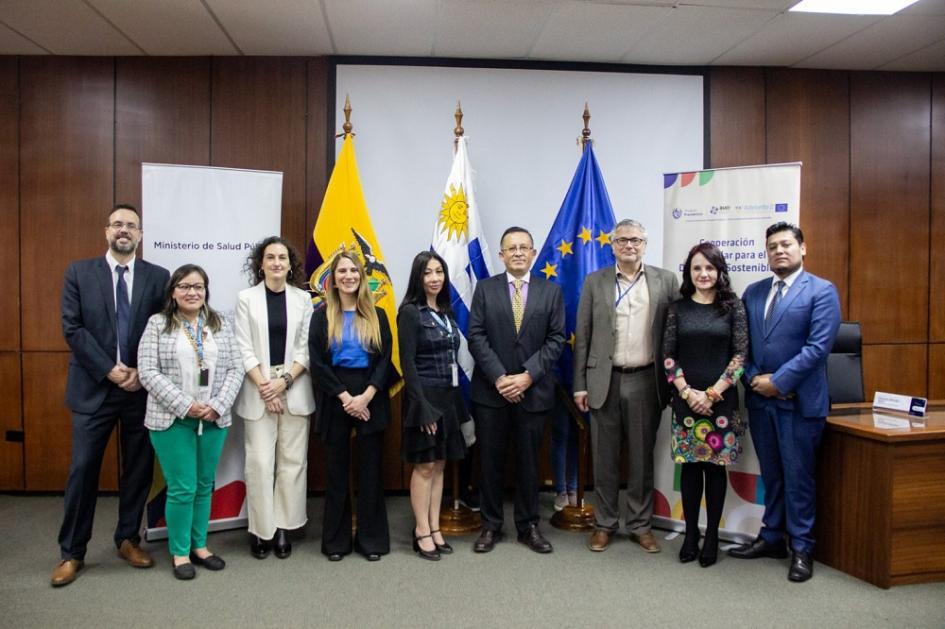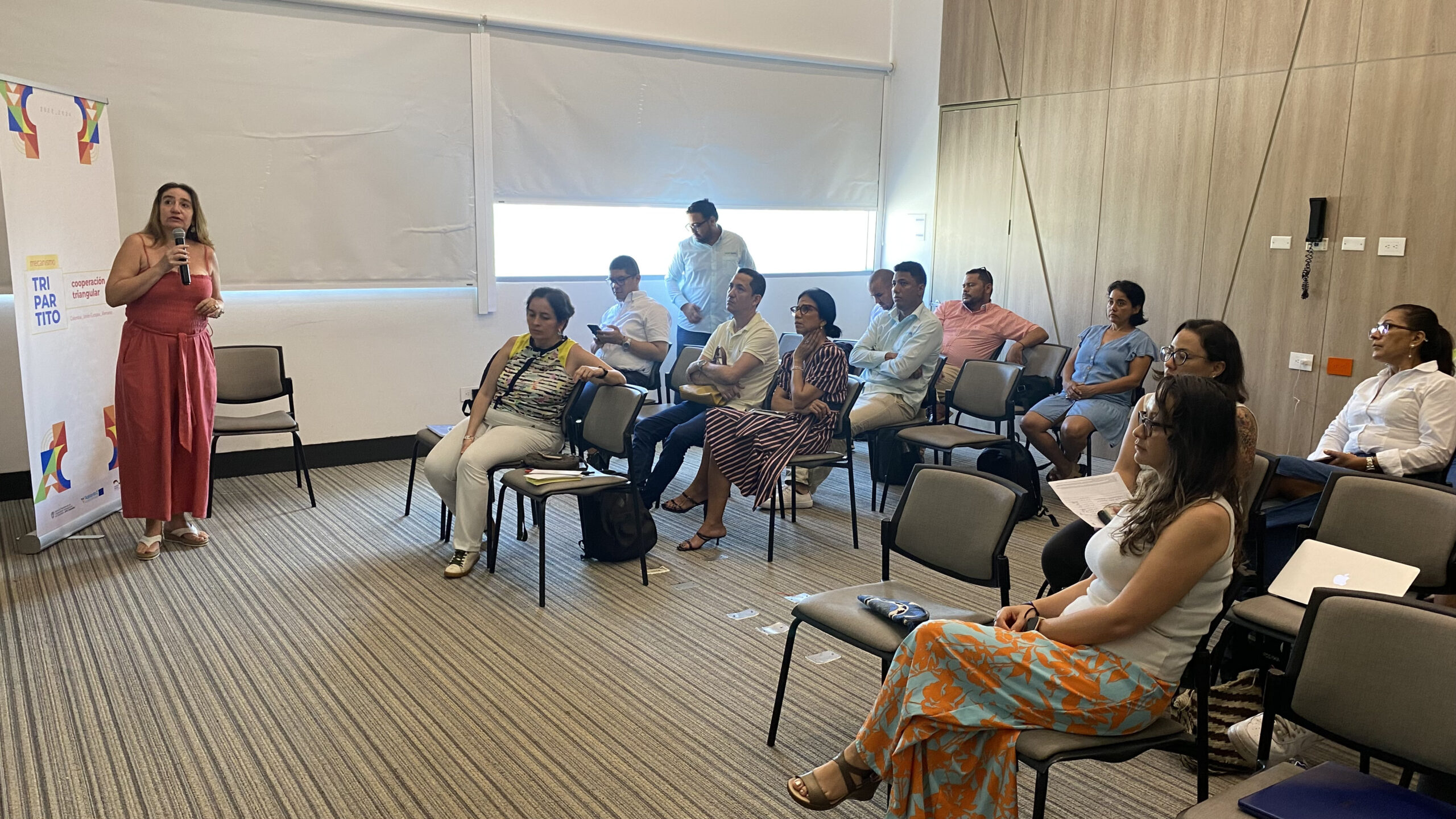Ibero-American countries strengthen their TC through the Adelante 2 Program
The region actively participates in mechanisms to promote projects that are co-financed by the EU.

In 2021, the European Union (EU) launched the Adelante 2 Program “with the aim of contributing to the fulfilment of the 2030 Agenda in Latin America and the Caribbean (LAC) through interventions that reflect the most modern approaches to Triangular Cooperation (TC)” (Adelante 2, 2023). Between 2015 and 2020, the EU co-financed 8 projects, involving 93 organizations from 22 European and LAC countries (Adelante, 2023). In addition to promoting horizontal relations between the two regions, priority was given to TC as a modality to implement projects aimed at sustainable development.
Building on the lessons learnt during the first phase and with the objective of giving continuity to the Program, Adelante 2 was structured around three pillars: 1) the operational support component; 2) the analytical support component; and 3) the institutional support component.
The first is implemented through the Adelante Window as a co-financing instrument that seeks to mobilize and channel resources towards partnerships between entities in Europe and Latin-America and the Caribbean, which operate under the TC modality, with the ultimate goal of fulfilling the 2030 Agenda. The second pillar, executed by the Ibero-American General Secretariat (SEGIB by its Spanish acronym), will result in the generation of knowledge and new instruments in terms of EU-LAC Triangular Cooperation, specifically for indigenous peoples and cities (Decentralized South-South and Triangular Cooperation). Finally, the third component consists of 6 TC Funds established between the EU, European partners (Germany through GIZ and Spain through AECID) and a group of Ibero-American countries: Brazil, Chile, Colombia, Costa Rica, Cuba and Uruguay (Adelante 2, 2023). The 6 Funds have an estimated overall budget of 8,800,000 euros and a contribution of 5,000,000 euros from the European Union (Adelante 2, 2023).
These Funds are innovative instruments through which the stakeholders involved relate in a complementary and efficient way, taking advantage of each other’s capacities and very actively contributing technically and financially. Projects in the framework of these Funds may address a variety of areas and challenges.
According to institutional agreements, all funds have different scheduled end dates up to February 2026. Likewise, the total budget ranges from 675,500 euros (in the case of the Uruguay-EU Fund) to 2,250,000 euros (Mechanism for Triangular Cooperation Colombia – EU – Germany). The EU contribution is between 500,000 and 1,200,000 euros for each fund.
Several projects in the framework of these Funds have started their activities during the last quarter. For example, a workshop was held in Tegucigalpa, in June 2023, coordinated by the Brazilian Cooperation Agency (ABC by its Portuguese acronym), GIZ, the EU and the Honduran Energy Secretariat, to plan the Trilateral Cooperation project “Yu Raya (new dawn): Energy and Light for Life”, which will contribute to improve the sustainability of “social electrification” projects to reduce the electrification gap in Honduras. A pilot electrification strategy will be developed in Sirsirtara (municipality of Puerto Lempira), supported by local representatives of the Miskito community (ABC, 2023).

On the other hand, the project Strengthening the technical capacities of the teams responsible for the comprehensive care of pregnant women and early childhood, implemented by the Ministry of Social Development of Uruguay (MIDES by its Spanish acronym) and the Ministry of Public Health of Ecuador (MSP by its Spanish acronym) was launched in July 2023. “Chronic Childhood Malnutrition in Ecuador has a prevalence of 27.2% in children under 5 years of age (…) a condition that affects full child development” (AUCI, 2023).
Lastly, the activities of the project “Knowledge exchange and capacity building in the citrus production system” also recently began in the framework of the Mechanism for Triangular Cooperation Colombia – EU – Germany, with the additional participation of Cuba. This initiative aims to tackle a specific need to address plant health affecting some crops in Colombia, where losses due to plantation damage are not only an exclusively agricultural problem but also a socioeconomic problem, given the impact on growers’ income (@APCColombia, 2023).

October 2023
***
Source: SEGIB based on Brazilian Agency for International Cooperation – ABC (2023), Instagram @APCColombia (2023), Adelante (2023) and Adelante 2 (2023).
Photos: Colombian Presidential Agency for International Cooperation (APC-Colombia) and Uruguayan Agency for International Cooperation (AUCI).

